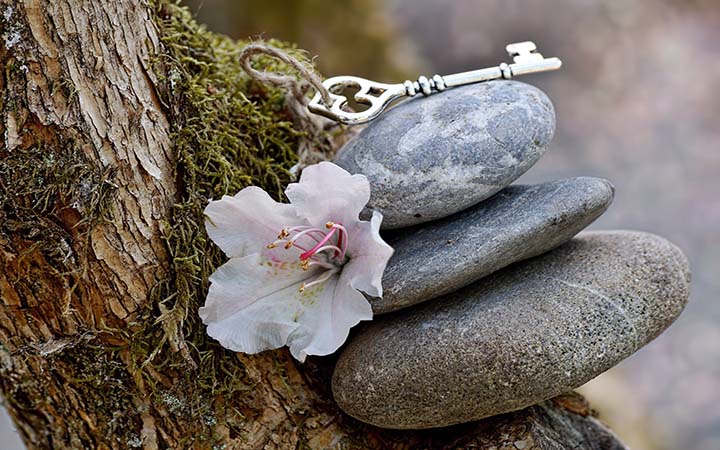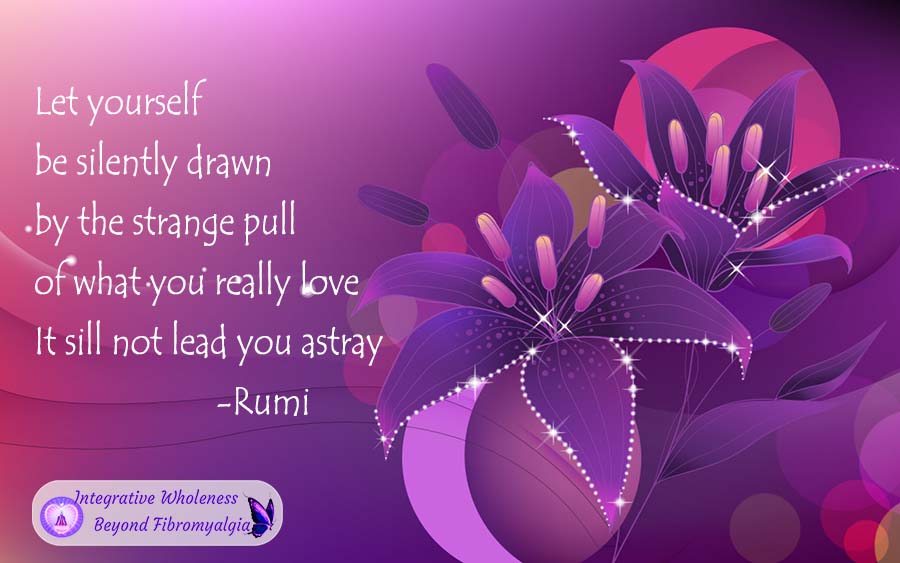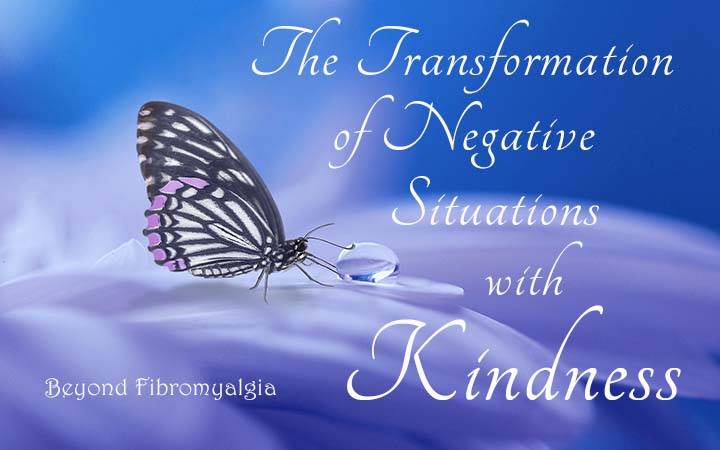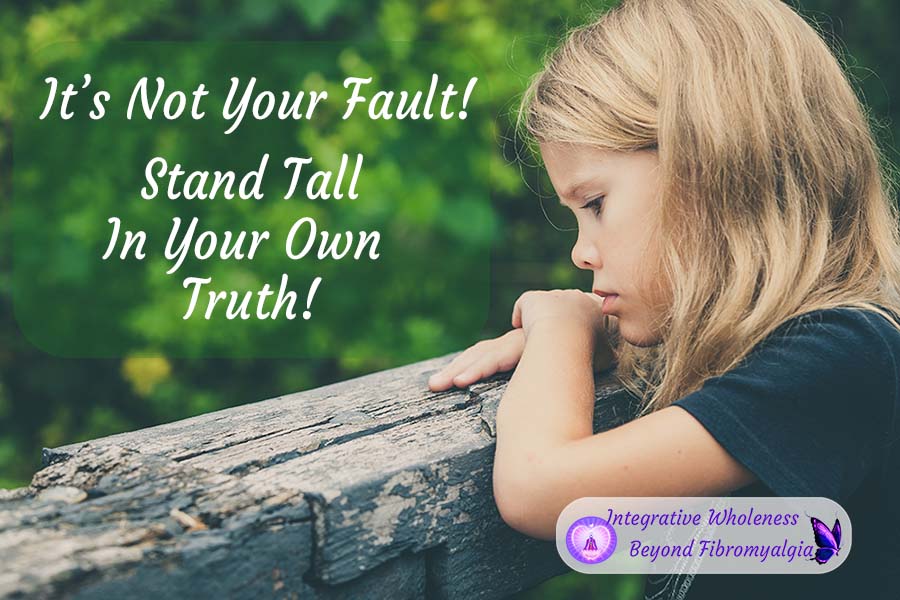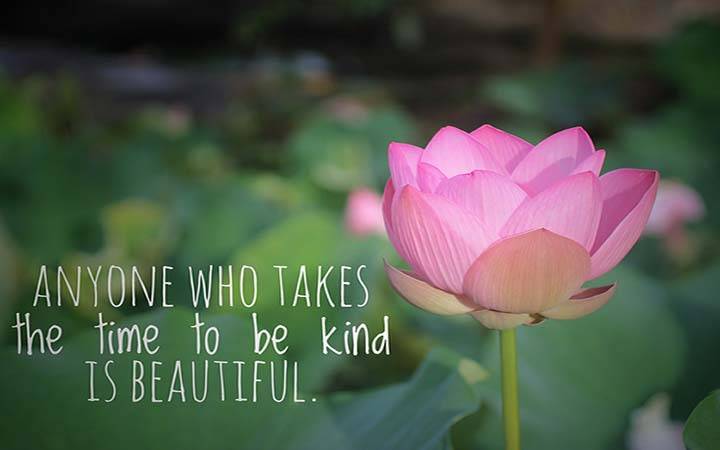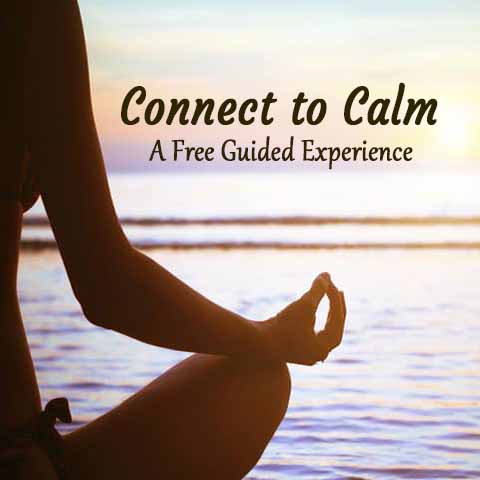The Transformation of Negativity with Kindness
“Be kind, for everyone you meet is fighting a hard battle.” —Ian Maclaren
There are times in life when you are stressed, frustrated or angry with yourself, someone or a situation. You may end up annoyed, rude and sending out negative emotions. Learning how to manage your negative reactions in stressful situations with kindness is helpful to staying centered and balanced.
Begin with Kindness toward Yourself
First and foremost, forgive yourself for being human. Acknowledge what you are feeling and accept that as part of being human. It is simply what you are feeling in the moment.
Acknowledge and Accept Your own Emotions.
What are your feeling? Anger, sadness, fear, worry, frustration? Emotion is short for energy in motion. Once you are aware of your own emotions, allow yourself to slow down and deepen your breath. Experiment with feeling the emotion without needing to suppress it or act outward with it. See it as an energy moving through you. Your only need is to feel it and experience it.
Inquire into the Emotion
What is creating the stress and negative emotions? Are you overwhelmed at work? Is it a person that is triggering the emotion? Discovering what is triggering the emotion can assist in transforming it. Sometimes simply feeling the emotion and inquiring into it will defuse the emotion.
Often, under an emotion is an unmet need. Perhaps you don’t feel heard. Perhaps you feel slighted or disrespected. Maybe you feel unloved or unaccepted. Maybe you feel threatened or attacked. Maybe you feel left out or disconnected. By understanding the unmet need, you can more clearly understand what you need.
Ask yourself what you need.
Do you need to feel love, valued, appreciated, respected? Perhaps you need to feel safe or secure. Maybe you need more space or freedom. Maybe you need to feel included and heard. By understanding what you need, you can explore ways to get that need met.
Listen to hear what the other person needs.
While it is important to feel our emotions and understand our triggers and needs. It is also important to understand what the other person feels and needs. When we understand both, we can work together with the other person(s) to find a win/win resolution.
Ask, what can I do to take care of myself.
Sometimes the need can be met from within. By accepting yourself even when another is criticizing you. By, taking a walk and giving yourself some breathing room. By speaking your voice, sharing your perspective or opinion. Listening to the other person, perhaps drawing them out with questions. Maybe by removing yourself from an unsafe situation. The choices are unlimited. Your inner self will be able to guide you.
Change What You Can
If an external change needs to happen take action. Speak your voice, walk out of the room, go for a walk. Once you find the root cause, take action to change it. If it cannot be changed, can it be cut from your life? While making changes, cut out other stress triggers as much as possible. Change negative thought and communication patterns into more positive ones.
Incorporate Healthy Outlets
Regular exercise can give you an emotional lift and an outlet for negative emotions. Physical movement helps to clear emotions from you body. Take a warm bath. Meditation can help to calm the mind and get a better perspective. Volunteering and helping others may help see things with a different perspective.
Respond to Negativity with Kindness
By responding to negativity with kindness, you can diffuse a potentially negative outcome. Here are some tips to try:
1. Don’t mirror others negative actions and thoughts. Treat them kindly. This could mean apologizing if it’s appropriate. Acknowledge other’s points of view without judging.
2. Speak in a pleasant, friendly voice as if you were talking to a friend. Keep your voice controlled and without anger.
3. Keep an open and relaxed body posture. Don’t roll your eyes, sigh or make other negative body language movements.
4. Breathe! Take a few long, slow, deep breaths in through your nose, pause slightly, then let your breath out. Deep breathing relaxes you and re-centers your emotions. It puts you and others at ease.
5. Distract yourself by engaging in something pleasant or helping someone else.
In Summary
Just because you are stressed doesn’t mean you need to react negatively to others. Instead, act in a way that is kind and considerate of the feelings of all involved. Seek to understand your needs and the needs of others concerned. Dialogue in a way that communicates your needs and also be able to hear the needs of the others involved. Work towards a win/win solution.
By holding the intention to create a positive outcome, negative situations can be transformed into a co-creation and positive situation for all concerned.
As Mother Teresa’s poem titled Anyway, states:
“People are often unreasonable, illogical and self-centered; forgive them anyway. If you are kind, people may accuse you of selfish, ulterior motives; be kind anyway.”
Contemplation for this week:
1. Create and intention be more aware of your thoughts and emotions in a difficult situation.
2. Experiment with inquiring inwardly to understand your underlying needs.
3. Listen more fully to others with and intention of listening for their underlying need.
4. Experiment with some of the suggestions in this article for transforming negativity into something positive.
Wishing you peace, Bindu

